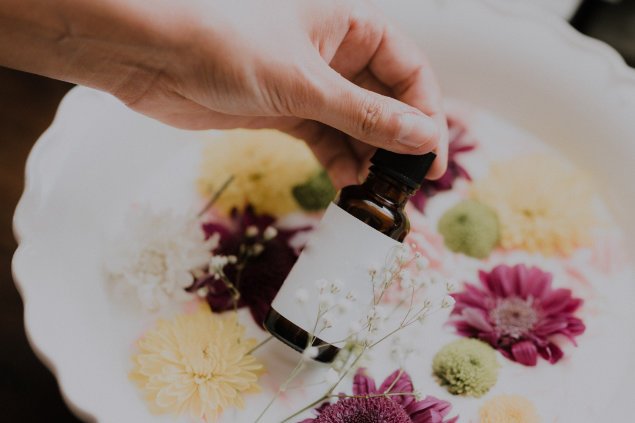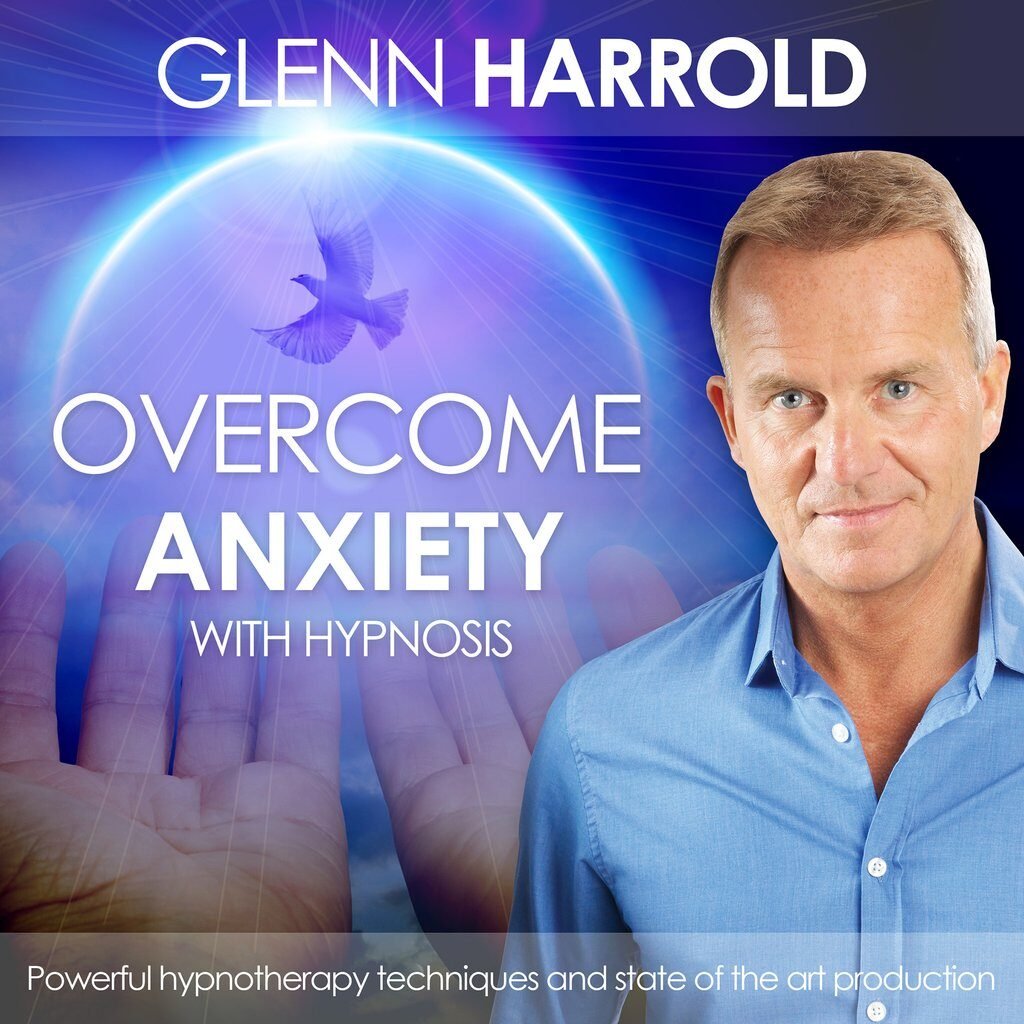Anxiety Relief: Tips and Tools for Calm and Inner Peace
Anxiety is something that everybody experiences from time to time, but for some it can become severe enough to make every day living challenging and sometimes unbearable. It can feel as though one worry leads to the next, creating a vicious cycle that feels difficult to escape from.
Learn how to manage and ease your anxiety with these tips below.
1. Prioritise Sleep
We all know how important it is to get enough sleep, but this can seem impossible during times of heightened anxiety. You may find it difficult to switch off and fall asleep, or perhaps you have no trouble falling asleep but wake regularly throughout the night. Feeling unrested and exhausted will most likely increase feelings of anxiety, so it really is important to prioritise getting as much restful sleep as possible.
Incorporate the following practices into your evening routine, to promote a healthy night’s sleep…
Regulate your body clock by going to bed and waking up around the same time each day.
Drink Chamomile Tea to help you to wind down.
Massage magnesium oil into your feet, to calm your nervous system and promote feelings of ease and deep relaxation.
Diffuse essential oils, or massage them into your skin. Useful essential oils for sleep include lavender, chamomile, clary sage and vetiver.
Turn off your phone at least one hour before bed and instead, choose to read a book or write in your journal. Journaling is especially useful as it offers you the opportunity to clear your mind and release any stored emotions from the day, that could potentially prevent you from sleeping.
Enjoy a warm bath, with Epsom salts and essential oils to promote physical and mental relaxation.
Listen to a guided meditation, specifically designed to help you fall asleep. (See our recommendations at the end of this blog)
2. Use Bach Flower Remedies
Bach flower remedies, originally created by Dr Edward Bach in the 1930’s, are a safe and natural way to restore balance between mind, body and spirit. Made from wild flowers, these gentle and powerful remedies can dispel negative emotions, promote balance and encourage self-healing.
‘Rescue Remedy’ is a mix of several individual flowers, designed for use in times of stress, crisis and emotional emergency and can be purchased in tincture form, as an oral spray or as pastilles. Aside from rescue remedy, it is helpful to become familiar with the individual flowers and how they might benefit you.
There are 38 Bach flower remedies in total, so I encourage you to do some research and explore which ones could benefit you. You can learn more at www.bachflower.com. But for now, here are some remedies commonly used for anxiety…
Aspen is helpful for those who fear the unknown and feel fearful, but without specific reason. If you have a lingering feeling of anxiety but cannot pinpoint exactly what you are feeling uneasy about, then Aspen can help.
Mimulus is the remedy for known fears; when you are anxious and frightened about something specific, such as fears of public speaking, fears of illness and so on.
Rock Rose is for those who are experiencing terror and intense fear and anxiety, to the point that making decisions and functioning as normal is almost impossible.
Red Chestnut can help people who worry about the welfare of their loved ones, such as their partners and children. This remedy helps to calm concerns that have become magnified and ease the suffering that comes along with this sort of anxiety.
Sweet Chestnut is for you if you feel that your anxiety is unbearable and you see no way out of the difficulties you are experiencing. If you feel empty and in a state of despair, sweet chestnut can restore hope and strength.
Olive can ease the physical and mental exhaustion we feel during particularly stressful and anxious times. This flower can restore strength and faith, giving us the energy needed to continue our efforts, or by helping our body and mind to be still and rest.
3. Manage Stress with Adaptogenic Herbs
Adaptogens are a class of herbs which can help the body to adapt to stress, leading to greater health and emotional balance. These special gifts from nature can increase our ability to cope with internal and external sources of stress, while boosting our strength and vitality.
As stress is so often the root cause of anxiety, this means that through supporting our body with suitable herbs, we can experience less anxiety and a greater ability to cope with the stress in our lives that is unavoidable.
Ashwagandha is perhaps the most popular adaptogen. This ancient medicinal herb is known to boost cognitive function, lower cortisol levels and bring relief to people suffering from anxiety and depression. I personally experienced a period of hormone related depression when I stopped breastfeeding my son and I believe that it was this herb which transformed how I was feeling and enabled me to heal myself!
If herbalism appeals to you, I encourage you to learn more about this ancient form of healing and how it can potentially be of benefit to you. I also recommend working alongside a fully qualified herbalist or holistic healthcare professional, to practice the safe use of herbs.
4. Release Stored Emotions
It is believed by many leading practitioners in the world of holistic health, that stored emotions can manifest themselves as dis-ease in the body and mind. Unfortunately, we are not taught in school how to express our emotions and release them safely. Often, as both children and adults, we are told that we are not allowed to feel a certain way.
When something feels uncomfortable, our coping mechanism may be to ‘close it down’ and hide it away somewhere. But what effect does this have our health and wellbeing?
It can be helpful to get curious about your anxiety, especially if it is unrelated to something specific and expresses itself as a lingering general sense of anxiety. When we do not process trauma from our past or give ourselves time and space to feel difficult emotions, we never really move through them.
We can turn away and distract ourselves with something else, convincing ourselves that we are okay…but when we do this we never actually deal with the emotion.
Anxiety and panic attacks can be our body’s way of telling us that something is not right. They can be warning signs, that there is something within that needs our attention. This is why therapy is extremely beneficial for anxiety; it offers us a safe place to explore our anxiety more deeply and face what we may have turned a blind eye to before.
Of course, it is not pleasant to experience intense anger, grief, sadness, sorrow, despair and fear, so it is understandable that the vast majority of us have stored emotions from the past trapped in our bodies. In Traditional Chinese Medicine (TCM), it is believed that certain emotions get stored in specific organs within the body, creating dis-ease if these emotions are not processed and released.
TCM states that the Liver is home to anger and resentment, the Kidneys relate to fear, the stomach and spleen are connected with worry and overthinking and the Lungs store repressed grief. It is a fascinating subject, which I encourage you to learn more about if you are intuitively drawn to this form of healing.
My favourite book on this subject is ‘You Can Heal Your Life’ by Louise L Hay. I also recommend an inspirational documentary on Gaia TV, called ‘E-Motion’ which explores this subject in depth and teaches practical techniques to release stored emotions. www.gaia.com.
5. Ask for Help
If you are suffering from anxiety, it is important to reach out to someone and ask for help, rather than suffering in silence. You might decide to confide in a trusted friend or seek the help of a qualified therapist who can help you to understand your anxiety more deeply and offer you a safe place to explore, and work through, difficult emotions. Glenn’s son, Lee Harrold, is a fully qualified cognitive hypnotherapist who is experienced in working with anxiety. Learn more at www.leeharrold.com.
It is never too early, or too late, to ask for help.
“The journey of a thousand miles, begins with a single step…”
Lao Tzu
With love to you!
By Nicola Harrold
Disclaimer: All information in this article is for educational purposes only and is not a substitute for professional, medical advice. Always seek the help of a qualified healthcare professional.
P.S. Our hypnotherapy / hypnosis recordings can help you with a number of issues. Download these powerful recordings now! These titles are also available as iPhone, iPad and Android apps.






Thank you for an informative blog Nicola. I took up acupressure training nearly a year ago. A three year course. It is fascinating and so much makes sense. Especially as meridian lines get blocked. I have had a year of unrelating pain due to surgery not going quite to plan. I use acupressure on myself, but some points I could not reach. I now see an acupuncturist who is also skilled in ACM.it. Has began to help a lot. She has given me a Chinese lotion to rub into the area. It’s helpful.. But sleep is a problem as pain still wakes me up. I stiffen at night.
I could go on, but this platform is not the place. Once again thank you for this information.